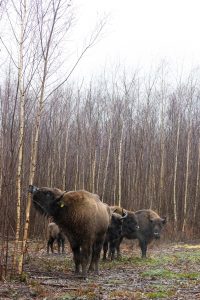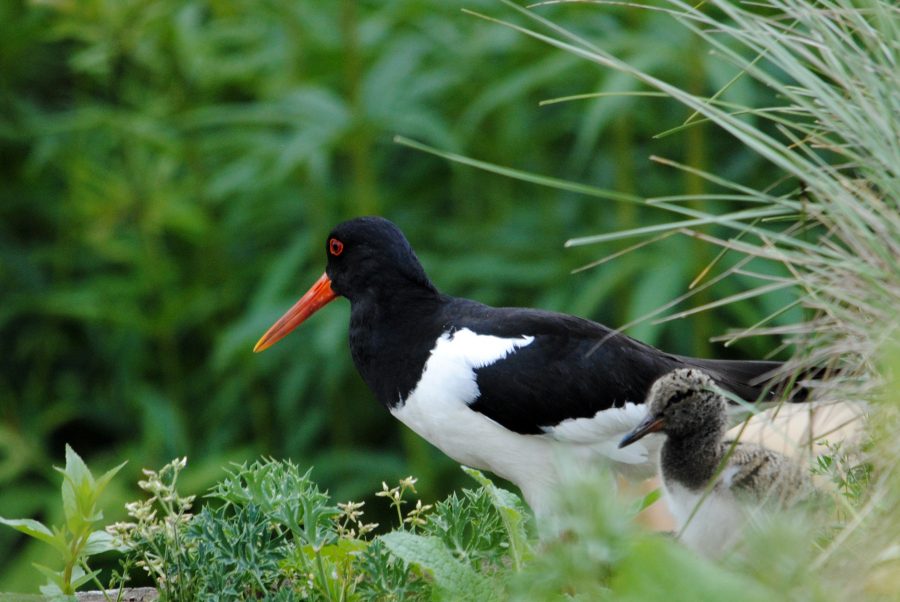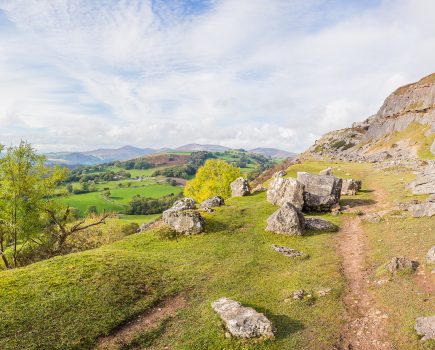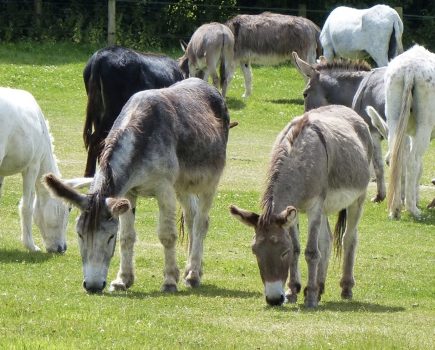Kent Wildlife Trust has laid out its ambition to increase wildlife abundance and climate resilience across 30% of the county’s land and sea as it launches the Wilder Kent 2030 strategy.
The Trust is also calling for residents to champion nature in Kent as a way of safeguarding our own life support systems in a time of rapid change. It wants to work with more people to take more meaningful action for nature.
According to the State of Nature in Kent report, by 2030 summers in Kent and Medway will be, on average, 3 degrees hotter. In July 2022, temperatures soared past 40 degrees, in this time more human deaths were recorded in the UK, there were more wildfires, and nature struggled to cope. Insect numbers fell further and we lived through a false autumn with leaves turning brown in August as trees fought to survive the hot temperatures.
As we live through nature and climate crises, more must be done to protect wildlife and help our landscapes to be more resilient to the changes we face as a way of helping society become more resilient. The strategy outlines action that will help Kent to do just that.
Chief Executive Officer of Kent Wildlife Trust, Evan Bowen-Jones said: “Connecting people with nature and restoring nature at scale is fundamental to fighting the climate and biodiversity crises. It will take a concerted effort from us all to enact the change that now needs to be made. One organisation cannot do this alone.
“There are many ways people can help. They can join us as a member, volunteer with us, or create a wilder garden at home by not using insecticides and mowing less often. They can vote for politicians who want to act for nature and climate as well as writing to their MPs to support our campaigns.
By working together, we can make Kent better placed to cope with the challenges we now face by harnessing the power of the natural world on which we all depend.”

Credit Evan Bowen-Jones
Defend and Restore
Within the Wilder Kent 2030 Strategy, the Trust says they are committed to developing and promoting innovative approaches to allow nature to recover and adapt, like the introduction of wild bison to West Blean and Thornden Woods (pictured right). Following a successful animal release, they are now leading on a landscape project to connect nature across the Blean complex and are raising funds for bison bridges to allow the herd access to more of the woodland.
Elsewhere an emphasis will be placed on conservation grazing with hardy breeds of domestic animals as part of the Wilder Grazing programme, which uses animals to reshape landscapes and create nature-rich habitats.
The organisation will also continue to build on flagship reintroduction projects, like the red-billed chough and beaver initiatives with aspirations to focus on pine marten in the future.
A Wilder Waters Strategy is being developed to make our seas better for nature by engaging coastal communities around climate adaptation whilst restoring fisheries and making our Marine Protected Areas function properly. The charity will also continue in their efforts to improve water quality through Nature-based Solutions, including using beavers to manage wetland habitats.
Inspire and collaborate
Education remains a key factor in delivering change and the Trust intends to further expand and develop its education programme for both adults and children. Currently, there are many activities on offer, from Nature Tots to special workshops to holiday clubs for children in the summer.
The Nextdoor Nature programme, which aims to improve diversity, equality, and inclusion in ensuring that people have access to nature, is a building block of community collaboration in the county. From creating community wild gardens to helping form neighbourhood nature groups, the programme is committed to helping people access wildlife.
Elsewhere, the Trust continues to work closely with other partners both from the commercial and charity sector. Joining forces with groups such as Save Swanscombe Peninsular and The Friends of Betteshanger Country Park to campaign against developments that are harmful to nature.
Strengthen and grow
The Trust also plans to strength and grow the charity through diversifying income streams such as the Wilder Carbon programme, enabling businesses to invest in nature by purchasing carbon units to address the climate crisis. It has also built up its digital expertise in the last few years and is in the process of creating transformational conservation planning tools that will increase its effectiveness and enable it to track its impact through a map-based system, backed up by on-the-ground monitoring using multi-layered use of technologies including drones and carbon flux monitoring.
Kent Wildlife Trust is a conservation organisation that is stepping up to the challenges that now face us. Join us in doing more.
Download the Wilder Kent Strategy here.
More news like this can be found in The Country Smallholder magazine. Subscribe here.
For FREE updates from the world of smallholding, sign up for The Country Smallholder newsletter here.








